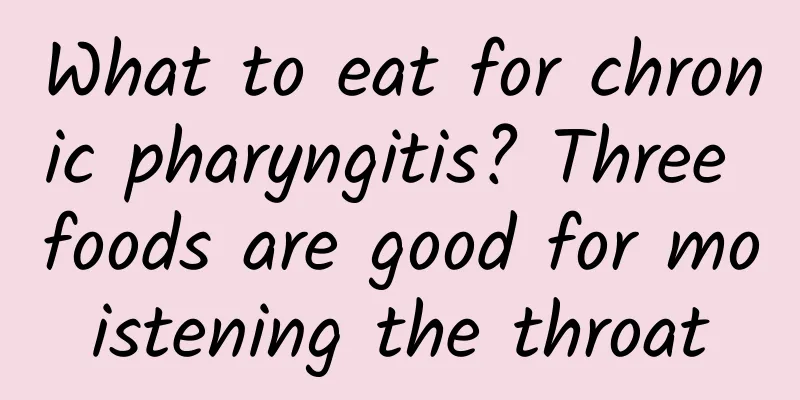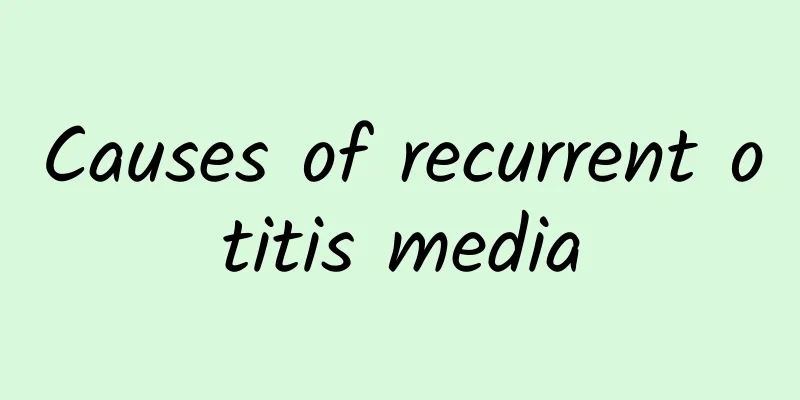What is hysteria

|
Speaking of hysteria, many people don't know what kind of disease it specifically refers to, because in clinical practice some neurological diseases, such as neurasthenia, depression, anxiety, etc. can be called hysteria. This also shows that hysteria is a general term for many diseases, but generally speaking, it is a neurological disease. However, if you want to know more about what hysteria is, there is still a lot you need to understand. The reason why people suffer from hysteria is because they are psychologically sensitive. For example, they are easily affected by the emotions of people around them, which in turn affects their own situation and causes excessive emotional tension. If this state of mind is not relieved for a long time, it will lead to the occurrence of hysteria. Hysteria, also known as hysteria or hysteria, is a type of psychiatric neurosis. The age of onset is mostly between 16 and 30 years old, and it is more common in women. Its special personality traits (i.e. hysterical personality traits) are an important basis for the onset of the disease (such as patients are often highly emotional, suggestible, imaginative, etc.), and acute or prolonged mental stress and stimulation are often an important cause of the disease, such as panic, regret, anxiety, etc., especially anger and sadness, which are more likely to occur when they cannot be expressed. Subsequent attacks are often caused by reminiscing about the initial attack or experiencing similar emotional experiences. In addition, the disease can also be induced when the patient suffers from mental trauma, is physically weak and sick, is overworked for a long time, has craniocerebral trauma, or when women are menstruating or postpartum. The onset is often sudden, and the clinical manifestations are complex and diverse, but mainly include sensory, motor and mental disorders. The most common sensory disturbance is limb numbness, but its form cannot be explained by the anatomy and physiology of the nerves. If it is hyperesthesia, even a light touch often causes severe pain or abnormal discomfort. Special senses are common, such as deafness and blindness. Movement disorders are convulsive attacks, such as falling to the ground and twitching, with the hands and feet dancing irregularly; or the limbs are straight, opisthotonos or pulling hair, pulling clothes, making strange noises, etc. During the attack, consciousness and bowel movements are normal. Or it may be paralysis, including monoplegia, hemiplegia, paraplegia, etc., all of which are flaccid and have no pathological signs. Mental disorders are often manifested as emotional outbursts, with the patient suddenly crying or laughing, banging his head, biting clothes, beating his chest and kicking his feet, rolling on the ground, etc., or saying something incomprehensible. Now that you know what hysteria is, I hope you can learn about its typical symptoms. Generally, if convulsions and loss of consciousness occur, it may be a hysterical attack. The patient is likely to make aggressive actions, so be sure to stop the patient's actions in time. |
<<: Side effects of chloramphenicol
>>: Treatment for chronic eczema
Recommend
Is the gecko poisonous?
The gecko, an animal of the Gekkonidae family, is...
How to check internal hemorrhoids? What are the methods for examining internal hemorrhoids?
How to check internal hemorrhoids is what many pa...
Itchy skin causes pimples when scratched
Many people have very sensitive skin. If it itche...
Why do blisters appear in hot weather?
The weather now is getting hotter day by day. The...
How to treat vulvar warts
The health of the private parts of both men and w...
What are the effects of Tianjiu?
Tianjiu therapy has a long history and is a tradi...
People with kidney deficiency all have this smell on their bodies. Smell it and see if you have it.
There are many manifestations of kidney deficienc...
How much is the broken spore powder per pound?
Everyone knows that wild Ganoderma lucidum is a g...
How to retract anal prolapse?
Anal prolapse, also known as anorectal prolapse, ...
Is a sunken butt a sign of premature ovarian failure?
For modern people, there have been many changes i...
Why do I feel a dull pain in my stomach 5 days after abortion?
Some women are not prepared for childbirth and us...
Coronary artery wall calcification
Many diseases may occur in the elderly because th...
Why are both legs sore?
Many people suffer from leg pain, which may be ca...
The efficacy and function of Lithospermum officinale paste
When it comes to lithospermum ointment, many peop...
What to do if you feel itchy all over during late pregnancy
During pregnancy, many pregnant women will have t...









